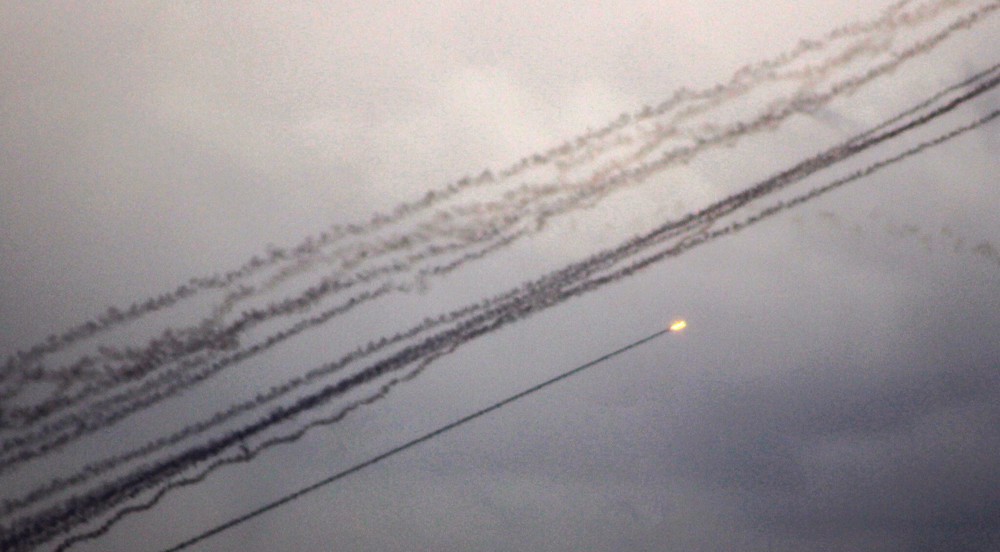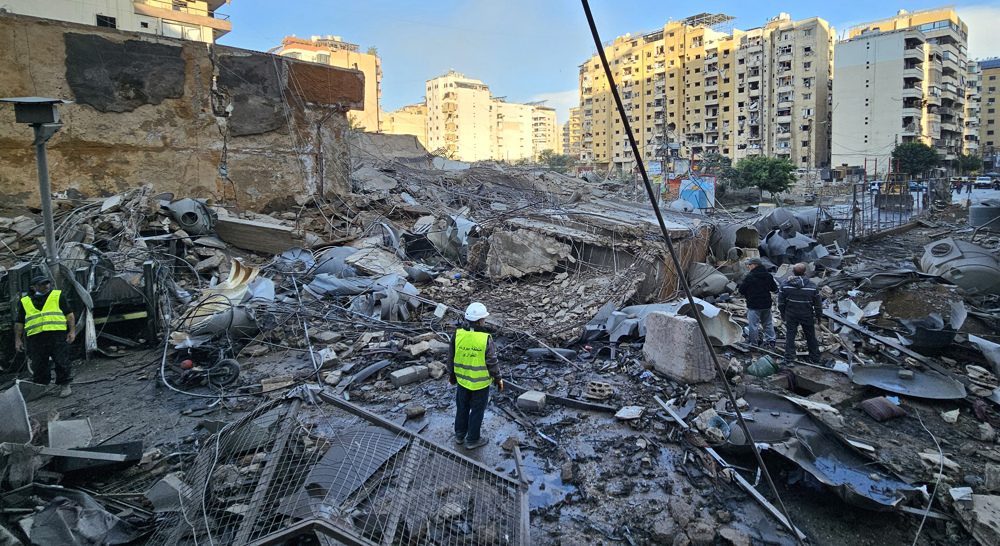Hezbollah: New sanctions widen US assault on Lebanon
Lebanon’s Hezbollah resistance movement says new US sanctions against some of its officials and lawmakers have widened Washington's assault on the Middle Eastern country.
"It has widened the assault on Lebanon and its people. It is rejected and denounced," Hezbollah's parliamentary bloc said in TV comments Thursday, adding, “It will not change anything in our convictions."
The remarks came after the US Treasury Department imposed sanctions on two Hezbollah members of Lebanon’s parliament and a security official responsible for coordinating between the resistance movement and the country’s security agencies.
It placed MPs Amin Sherri and Muhammad Hasan Ra’d as well as Wafiq Safa, a top Hezbollah security official, on its blacklist, claiming that the trio had "assisted" Iran in its alleged efforts "to undermine Lebanese sovereignty."
Washington also accused the individuals of “undermining Lebanese financial institutions to assist Hezbollah and to evade US sanctions against” the resistance group.
It was the first time that the US Treasury Department's Office of Foreign Assets Control put Lebanese parliamentarians on its sanctions list.
US Secretary of State Mike Pompeo said the designations were meant to counter Hezbollah’s influence in Lebanon.
In response to the latest sanctions, Lebanese Prime Minister Saad al-Hariri said on Wednesday that the sanctions moved in "a new direction" than existing measures but would not affect government work.
Lebanon’s Parliament Speaker Nabih Berri denounced the American sanctions as an “assault” against not only the parliament but the entire Lebanese nation.
“It is an assault on the parliament and as a result an assault on all of Lebanon,” Berri said in a statement on Wednesday.
Some 50 Hezbollah individuals and entities have been blacklisted by the Treasury since 2017.
In May 2018, the US and its regional partners - Saudi Arabia, Bahrain, Kuwait, Oman, Qatar and the UAE - imposed sanctions on Hezbollah leadership, targeting its Secretary General Sayyed Hassan Nasrallah and Deputy Secretary General Sheikh Naim Qassem.
Nasrallah said at the time that the sanctions against the leadership of the movement would have no effect and will not harm its officials at all.
Hezbollah was formed following the Israeli regime’s invasion of Lebanon and the ensuing occupation of its southern parts in the 1980s. It currently constitutes Lebanon’s de facto military power.
Since then, the movement has helped the Lebanese national army retake the occupied regions from Tel Aviv and thwart two Israeli acts of aggression in 2000 and 2006.
It has also been playing a significant role in the Syrian army’s fight against Takfiri terror groups, including Daesh and Nusra Front, thus preventing the spillover of the war into Lebanon.
Some 50 Hezbollah individuals and entities have been blacklisted by the Treasury since 2017.
Diplomat discourages recourse to pressure, intimidation, confrontation against Iran
UN: 2024 deadliest year for aid workers amid genocide in Gaza
Gaza health official warns of hospital shutdowns within 48 hours
Israel kills 5 more paramedics in southern Lebanon: Health ministry
Iran to launch ‘new, advanced’ centrifuges in response to IAEA resolution: AEOI
Yemen fires hypersonic missile at Israeli airbase
VIDEO | New Delhi chokes under toxic smog as air quality remains at hazardous levels
VIDEO | Press TV's news headlines














 This makes it easy to access the Press TV website
This makes it easy to access the Press TV website